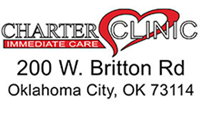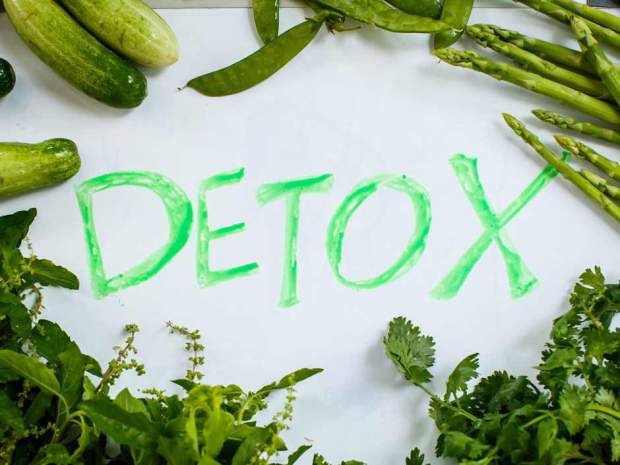Time to detox? Here are some suggestions!
- As soon as you wake up, drink a glass of warm water with fresh lemon squeezed in. “It will provide your body with hydrating electrolytes in the form of potassium, calcium, and magnesium,” Dr. Lipman says. “We get dehydrated overnight as the body takes care of its detoxification processes, so it’s important to hydrate and replenish first thing.” Lemon juice also helps your liver produce more enzymes, which aid digestion and prompt the liver to purge toxins. The vitamin C in lemon juice, a powerful antioxidant, protects against free radicals, strengthening the immune system.
- Twisting yoga poses—think, a Seated Spinal (or Torso) Twist—helps with the detox process by stimulating digestion and elimination. “A lot of digestive discomforts come from stress,” Dr. Lipman says, “so by releasing gripping and holding in the belly and taking deep calming breaths, we can relax the muscles and diaphragm, allowing the GI system to do a better job.”
- Reduce chronic inflammation—which has been linked to heart disease, diabetes, and cancer—by filling your plate with sulfur-rich foods, such as onions, garlic, and cruciferous vegetables, including broccoli, kale, collard greens, Brussels sprouts, cabbage, and cauliflower. “These foods are high in antioxidants, which support the body’s ability to fight off toxins,” Dr. Lipman says. A 2014 study revealed that women who ate the most cruciferous vegetables had substantially less inflammation than those who ate the fewest.
- A few days a week before your bath or shower, dry brush your skin with a soft-bristled brush. Dry brushing has two main benefits: “It helps your skin slough off old cells and debris, unclogging pores and enabling the skin to perspire freely,” Dr. Lipman explains. “It also stimulates the circulation beneath your skin, which helps promotes cellular renewal and vitality.”
- Teas containing dandelion or milk thistle may boost liver function, helping to decrease the build-up of toxins in the tissues. In a study review on milk thistle commissioned by the National Center for Complementary and Alternative Medicine, researchers found that the herb may help enhance liver function, possibly by protecting against cell damage and stimulating repair of liver tissue. And cancer studies suggest that milk thistle may strengthen cell walls to prevent toxins from getting in, stimulate enzymes that make toxins less harmful, and block free radicals from attacking cells. A word of warning though: Avoid “detoxing” teas that also promise to curb appetite or rev metabalism because they can be laced with herbs delivering unwanted side effects such as agitation and headache.
- And add about two cups of Epsom salts, available at any drug store. Then soak for 20 minutes. “Epsom salts contain magnesium, as well as other minerals and nutrients that are absorbed into your skin during the bath, and can help with detoxification processes,” Dr. Lipman says. The mineral specifically helps kick up action in the colon, prompting the body to eliminate backed up waste (read: poo), which can otherwise get reabsorbed into the bloodstream if it sticks around long enough. If you always feel constipated, Dr. Lipman adds, talk to your doctor about trying a 1,000 mg magnesium citrate supplement at night to keep things moving.

